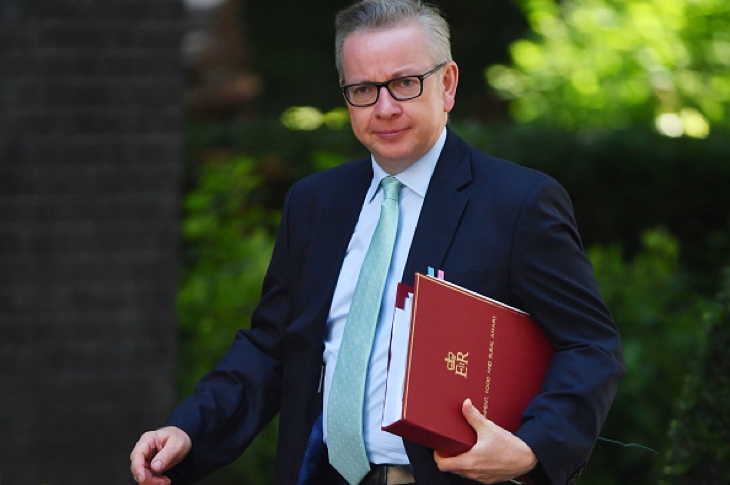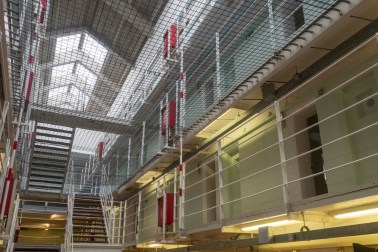How right Michael Gove was, in his first speech as Environment Secretary, to promise to put an end to a Common Agricultural Policy (CAP) which ‘puts resources in the hands of the already-wealthy’. But how bizarre that he then proposed a reform that will continue to do just that.
Doing away with CAP ought to be one of the big gains from Brexit. For the past 44 years, taxpayers have been forced to fund a system which, in turn, has created food mountains, degraded the landscape, put millions in the pockets of wealthy landowners in return for doing virtually nothing and, in conjunction with protectionist tariffs from food imports from outside the EU, driven the price of food higher than it need be.
Until 2003 CAP was based around straightforward production subsidies, encouraging food to be produced that the market didn’t actually want – hence the butter mountain and wine lake. Then it was ‘reformed’ in a way that was even more bizarre – landowners have been paid merely for keeping land in ‘agricultural condition’. They don’t actually need to produce anything. Since the reforms, Britain’s self- sufficiency in food – which was the justification given for the original form of CAP – has plummeted. But wealthy landowners – among them Lord Heseltine, who rakes in £90,000 a year for his Oxfordshire estate – have continued to be treated to this bizarre form of welfare.
No longer, or so Michael Gove says. In future, he says, farmers will have to earn payments from the public purse – which he says will be maintained at their current level until 2022. How will they earn them? By undertaking work which enhances wildlife and plantlife.
Let’s put that another way: he wants to pay landowners a bung for turning their fields into nature reserves. What’s more, it sounds as if he has in mind private nature reserves. When he was asked at this morning’s news conference whether his proposals included greater public access he said nothing – other than that as Education Secretary he had encouraged school children to visit farms so that they could see where food comes from.
Just as with previous incarnations of CAP it isn’t hard to foresee the perverse outcome of Gove’s proposed reforms. Genuine farmers, who actually grow food, might qualify for some money, but their scope for claiming it will be compromised by the need to plough, drill, spray and combine-harvest their acres. Gentlemen farmers who are just playing at agriculture as a hobby, on the other hand, will with great delight turn their fields into woodland and ponds. No longer, it sounds from Gove’s proposals, will they have to pretend to be farming in order to claim money – they will be able to claim it for their grouse-shoots without any need to plant crops.
The only justification for spending public money on farmers is if it is in return for public benefit. The promotion of national food security – the original purpose of agricultural support – might be one of those benefits, as would the creation of public parkland and new rights of way. But the laying-out of private nature reserves for the personal enjoyment of landowners and their guests is not. On the contrary, it will be an even worse use of public money than the current CAP.







Comments